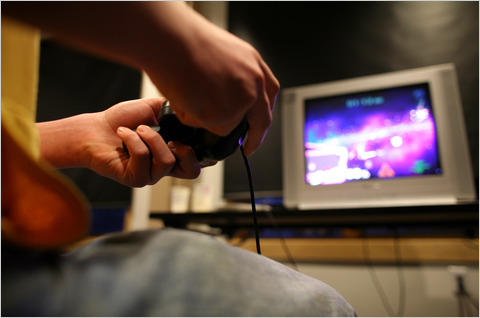Contrary to stereotypes, many studies in recent years have shown that video games stimulate creative processes, the ability of decision-making, and improve perception.

Specific examples are given: for example, video games improve hand-eye coordination of surgeons during operations, as well as improve the ability to drive at night (which is known to be particularly difficult for women).
The people, who dedicate a part of their free time to computer and video games, make decisions 25% faster than those, who neglect them, and the accuracy of the final results is comparable. In addition, gamers are able to look directly at 6 subjects, or think of six things at once, if compared with those, who are not interested in games and are able of “capturing” only four subjects. The scientists have also found out that women (42% of the total number of gamers) are better in mental manipulating of 3D-objects.
Of course, nobody is going to refute the facts about the disadvantages of computer games, and their negative impact on the psyche is also proved by scientists. Brain scans of healthy young gamers show that video games with scenes of violence can alter the brain function associated with the control of emotions only after a week of playing video games. Other studies have found a connection between compulsive gambling and obesity, the manifestation of introversion, and the tendency to suffer from depression.
According to the statistics, the age of the “average” gamer today is 34 years old, and he has been playing for 12 years, up to 18 hours per week.










